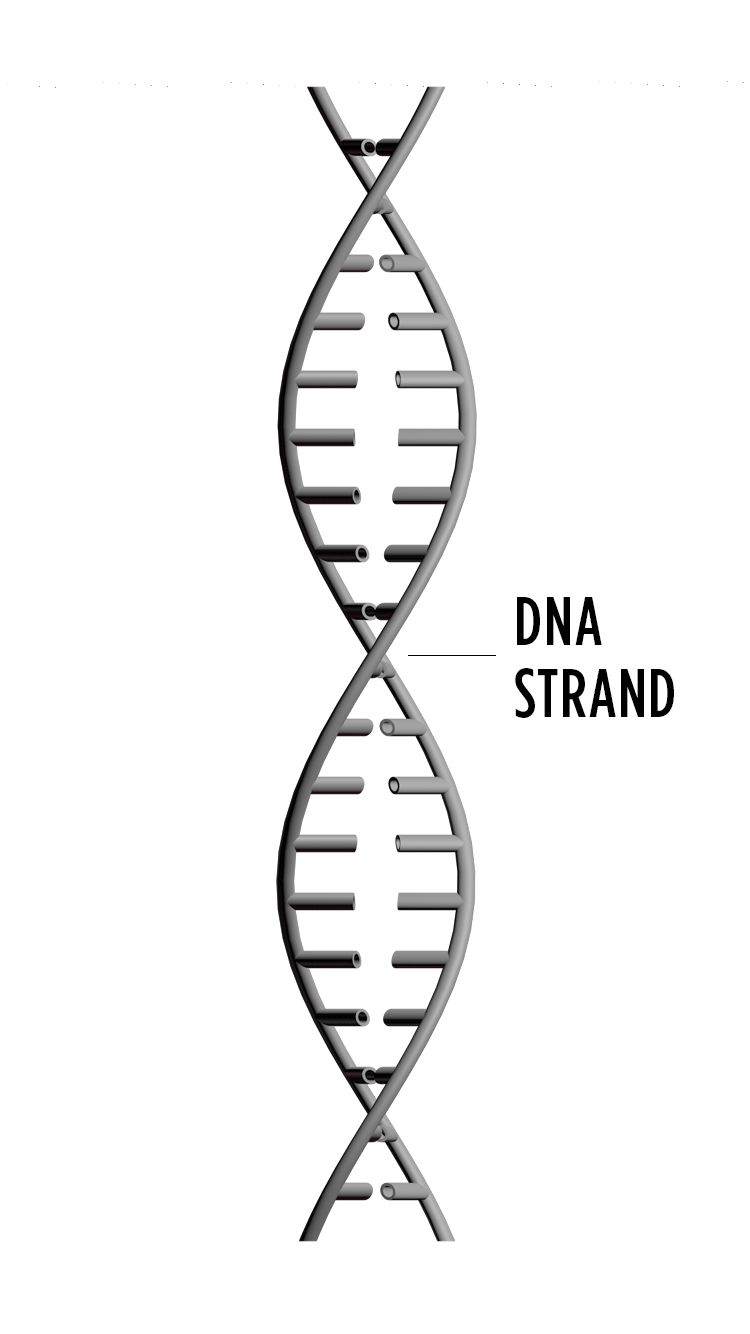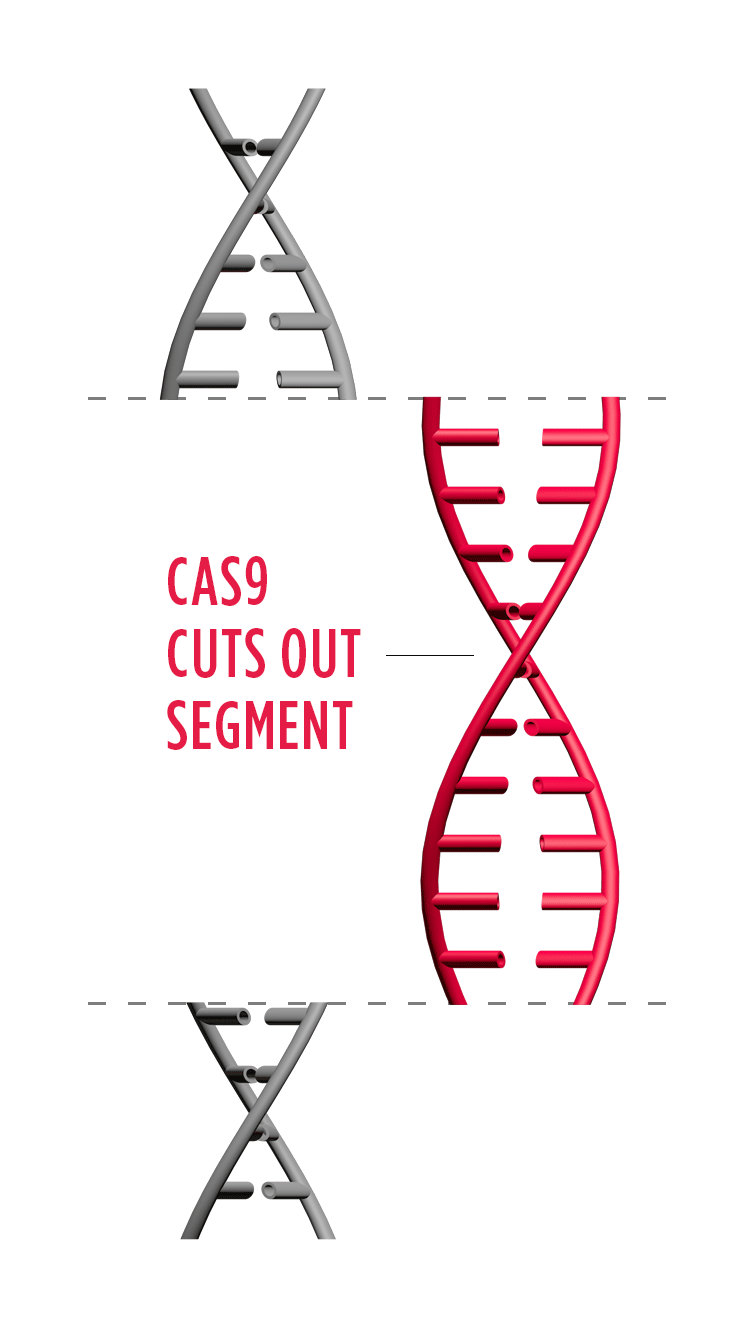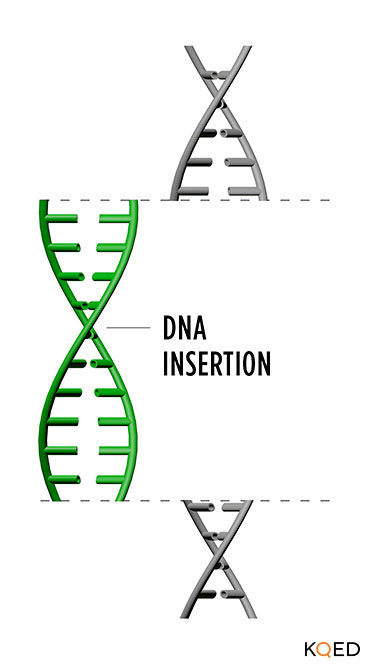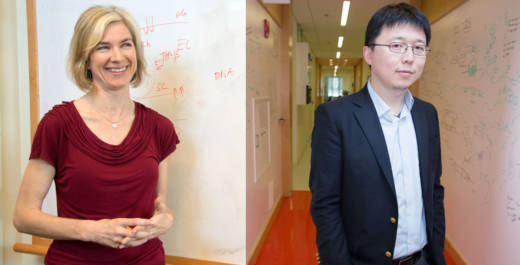It's called CRISPR-Cas9 — one of the century's biggest scientific breakthroughs in genetic engineering — and now three major universities are battling it out in court over who owns a patent on the revolutionary technology.
On Tuesday, UC Berkeley lawyers defended the university's claim to patent CRISPR in a dispute that went before a panel of judges at the U.S Patent and Trademark headquarters in Alexandria, Virginia. The Broad Institute of MIT and Harvard is also claiming it owns the rights to CRISPR.
CRISPR is a gene-editing tool that allows scientists to manipulate DNA by snipping out part of a mutated gene and substituting a healthy gene. It has huge implications — from yielding new cancer therapies to correcting genetic disorders to modifying plant and animal DNA.
Editing DNA Using CRISPR



"If Berkeley wins it means they’re essentially going to control which commercial companies are able to develop the technology going forward and that will be a huge change in the status quo," says New York Law School professor says Jake Sherkow.
Sherkow says billions of dollars could be at stake. Companies that use the technology will likely need to pay royalties to whomever owns it -- Broad or Berkeley. Many start-ups including Addgene -- a biotech non-profit working with Broad -- are already using CRISPR.
